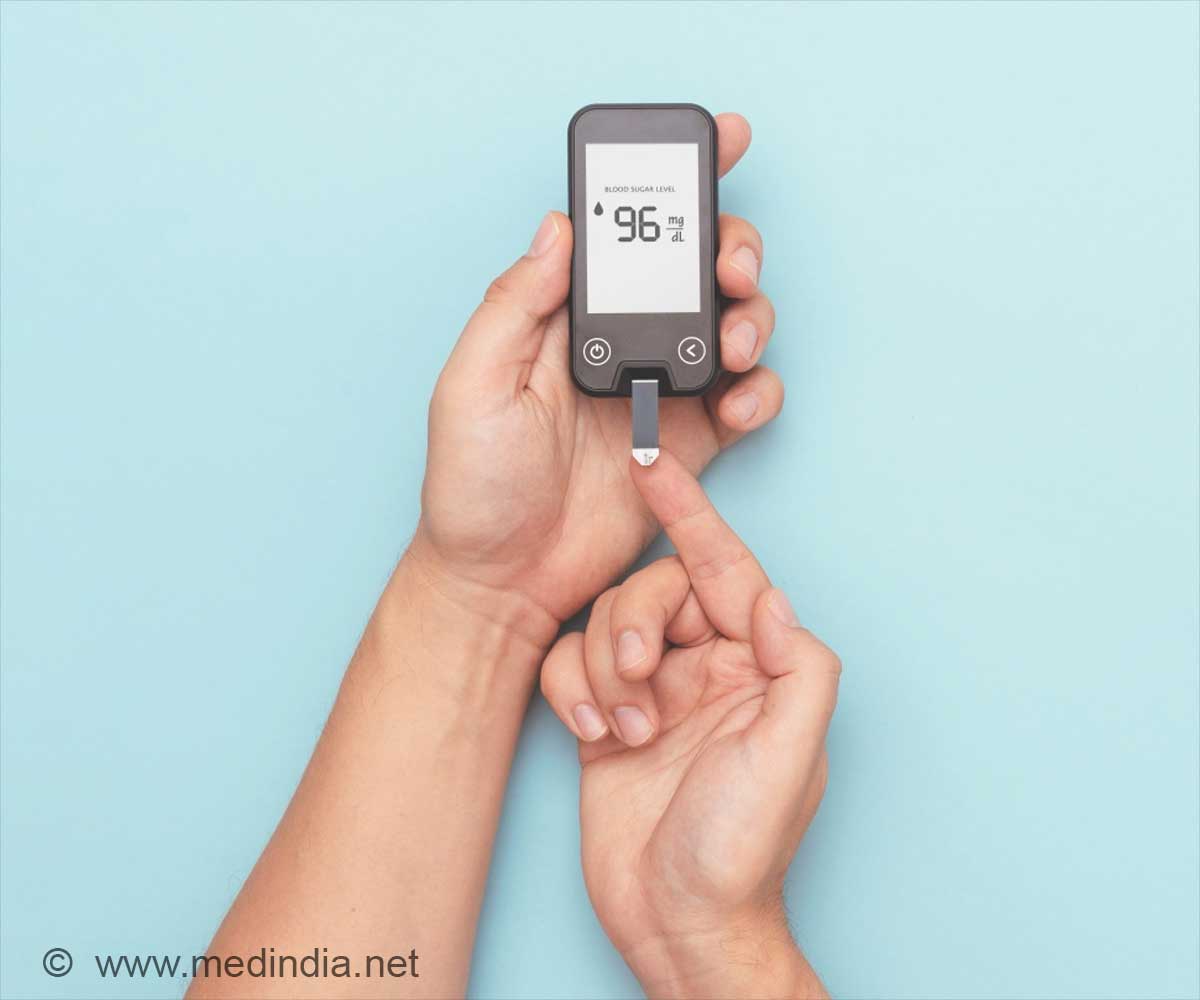Diabetics with kidney failure should not lower their blood glucose levels as much as diabetics without kidney failure, two separate studies have stressed.

The researchers analyzed data from 8,437 dialysis patients from 12 countries who had diabetes. They found that the lowest risk of death during the study occurred when hemoglobin A1C levels were between 7% and 8%. Both high and low levels were linked with increased rates of death, particularly for patients with levels of 9% or higher or less than 5%. Among patients with A1C levels below 7%, death rates were higher among patients taking diabetes medications.
In a similar study, Miklos Molnar MD, PhD (Semmelweis University, in Budapest, Hungary) and his team examined death rates among 54,757 diabetic patients treated at DaVita dialysis clinics from July 2001 through June 2006 with follow-up through June 2007. They found a link between high death rates and hemoglobin A1C levels of 8% or greater. Very low levels also increased patients'' risk of dying during the study.
These results indicate that unlike for most patients with diabetes, diabetics with kidney failure benefit the most when their hemoglobin A1C levels are between 7% and 8%, although clinical trials are needed to definitely determine the optimal range.
Study authors for "Hemoglobin A1C Levels and Mortality in the ESRD Population: Findings from the DOPPS" (abstract TH-OR065) include Sylvia Paz Ramirez, MD, Jyothi Thumma, Francesca Tentori, MD, Brenda Gillespie, PhD, Masaaki Inaba, MD, PhD, Robert Nelson, MD, PhD, Ronald Pisoni, PhD, and Bruce Robinson, MD.
Study authors for "Glycemic Control and Mortality in Hemodialysis Patients with Diabetes Mellitus: A Six Year Cohort Study" (abstract TH-OR085) include Miklos Molnar, MD, PhD, Joni Ricks, Csaba Kovesdy, MD, Anuja Shah, MD, Allen Nissenson, MD, Mark Williams, MD, and Kamyar Kalantar-Zadeh, MD, PhD.
Advertisement
ASN Kidney Week 2011, the largest nephrology meeting of its kind, will provide a forum for 13,000 professionals to discuss the latest findings in renal research and engage in educational sessions related to advances in the care of patients with kidney and related disorders. Kidney Week 2011 will take place November 8 - November 13 at the Pennsylvania Convention Center in Philadelphia, PA.
Advertisement
Founded in 1966, and with more than 12,000 members, the American Society of Nephrology (ASN) leads the fight against kidney disease by educating health professionals, sharing new knowledge, advancing research, and advocating the highest quality care for patients.
Source-Newswise















